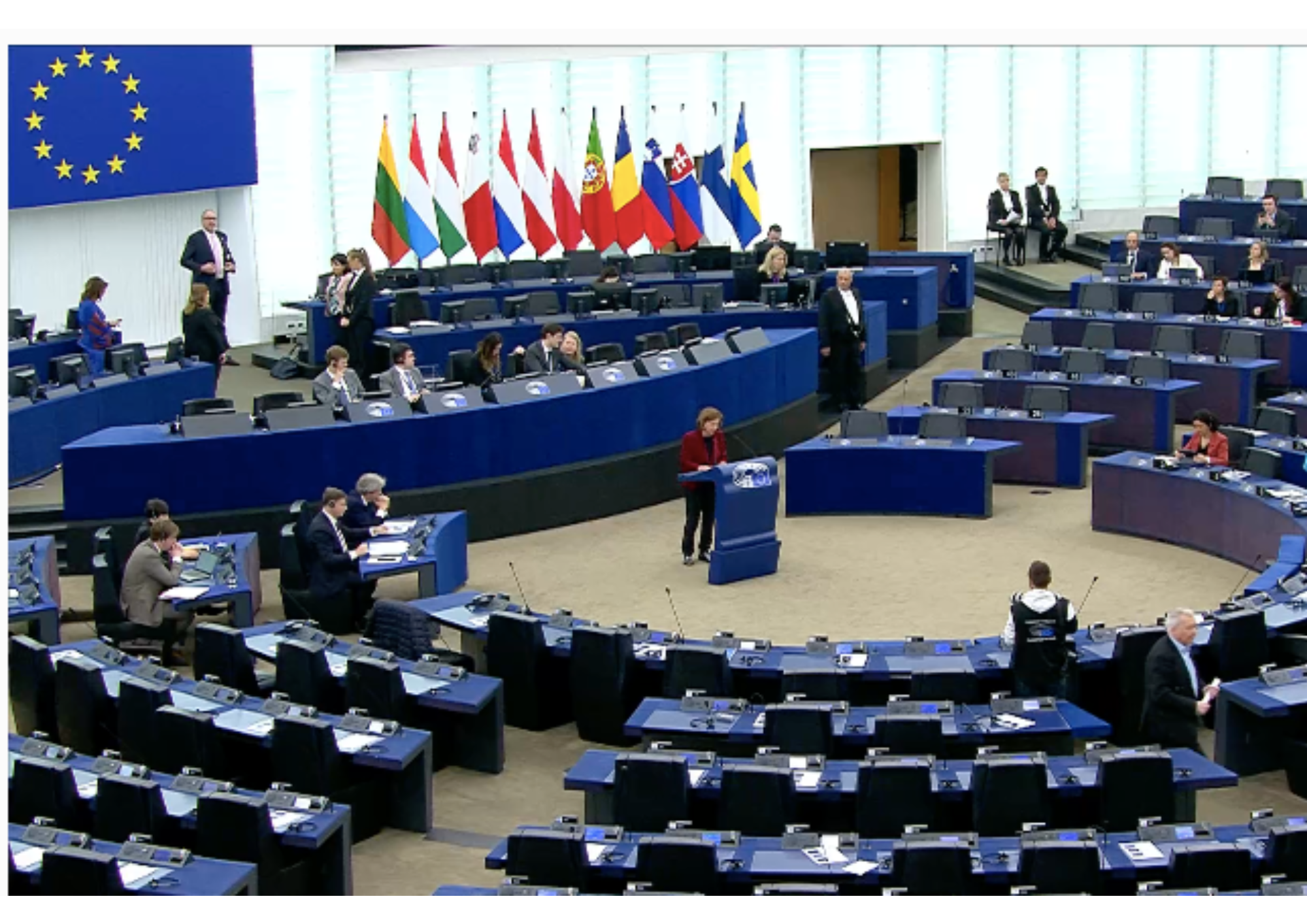MEPs support updating EU rules on consumer credit to protect consumers faced by new digital options and the difficult economic situation.
Consumer credits are loans for the purchase of consumer goods and services. They are often used to pay for cars, travel as well as for household goods and appliances.
Existing EU rules
The existing EU rules – the Consumer Credits Directive – aim to protect Europeans while fostering the EU’s consumer loan market. The rules cover consumer credits ranging from €200 to €75,000 and require creditors to provide information to allow borrowers to compare offers and make informed decisions. Consumers have 14 days to withdraw from a credit agreement and they can repay the loan early, thereby lowering the cost.
The rules were adopted in 2008 and need to be updated to meet the current environment.
Why changes are needed
The difficult economic situation means more people are searching for loans, and digitalisation has brought new players and products to the markets, including non-banks, such as crowdfunding loan apps.
This means, for example, that it is easier and more widespread to take small loans online – but these can turn out to be expensive or unsuitable. It also means that new ways of disclosing information digitally and of assessing the creditworthiness of consumers using AI systems and non-traditional data need to be addressed.
The current rules do not protect consumers who are vulnerable to over-indebtedness well enough. In addition, the rules are not harmonised between the EU countries.
6 out of 10
consumers have faced financial difficulties since the start of the coronavirus crisis.
New consumer credit rules
Parliament’s internal market and consumer protection committee adopted its report on the new rules. on 12 July 2022.
The proposed rules say that creditors must ensure standard information to consumers in a more transparent way and allow them to easily see all essential information on any device, including a mobile phone.
Committee members stressed that credit advertising should not encourage over-indebted consumers to seek credit and it should contain a prominent message that borrowing money costs money.
To help determine whether a credit suits a person’s needs and means before it’s granted, MEPs want information such as current obligations or cost of living expenses to be required, but said social media and health data should not be taken into account.
MEPs say that the new rules should cover credits up to €150,000, with each country deciding the upper limit based on local conditions. They want overdraft facilities and credit overrunning, which are becoming increasingly common, to be regulated, but say it should be up to the countries to decide whether they apply the consumer credit rules to some loans, such as small loans up to €200, interest-free loans and loans to be repaid within three months and with minor charges.
Next steps
The Parliament will vote on the report in a future plenary session, after which Parliament negotiators can start talks with the Council and Commission on the final text of the legislation.












